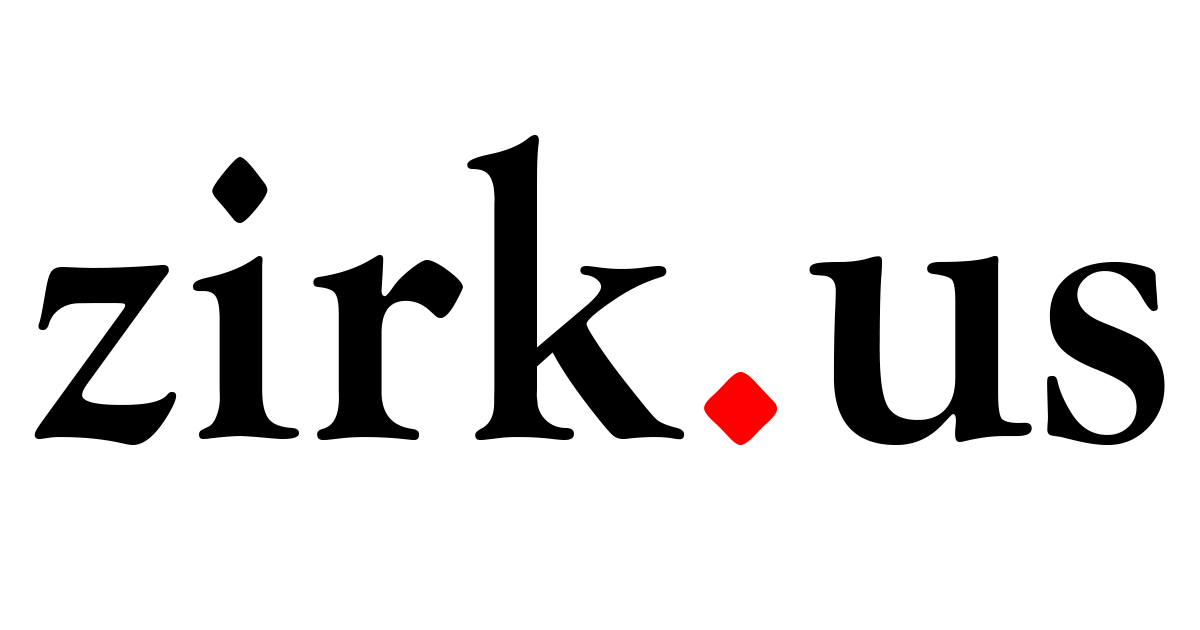Recent searches
Search options
There is a difference between "rules" and "norms," my guy. Norms are social expectations that are not codified by any regulatory structure. Rules are regulatory, they provide the expectations and guidelines for participation within a space and have explicit consequences for violation.
Each site has RULES and NORMS, where the NORMS are often unspoken modes of conduct and the rules are spelled out when you join the instance.
For example, a norm might be the principle of charity in discourse.
In this case, assuming that I, an assistant professor of philosophy who has to teach about the ways that social norms structure interactions in social spaces in the mode of racism and ableism, would understand the difference between a norm and a rule, where the norm is often implicit and the rule is explicit.
There is no rule governing the principle of charity, just an assumption tacitly agreed upon.
To that end, I'm making a point of this reply because I explicitly say that the post wasn't a suggestion to ignore the rules. The post was an argument that the influx of users could shift the NORMS, the social expectations of users, in a direction that was more inclusive through insisting on their whole self in this rapidly growing digital commons.
It is in the first line of the second post.
I am also making a point of this reply because this is EXACTLY why we need to insist on our whole selves. People will assume the norm is a rule and that violation should be punished as such, and that is not the case.
Moreover, many rule based implementations are guided by norms: shifting the norms can shift how we apply rules and that is absolutely critical given the relative influx of a diversity of users.

